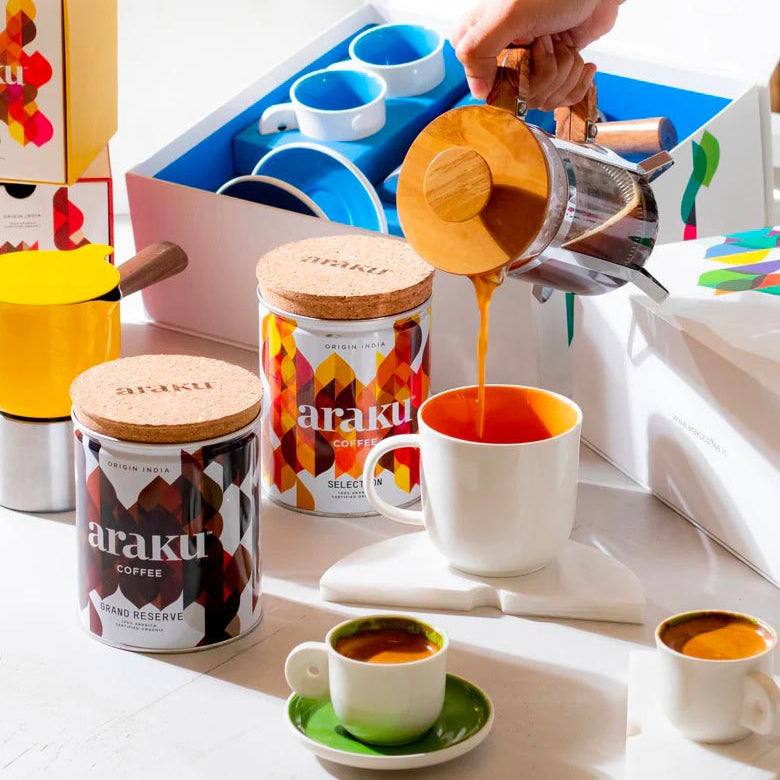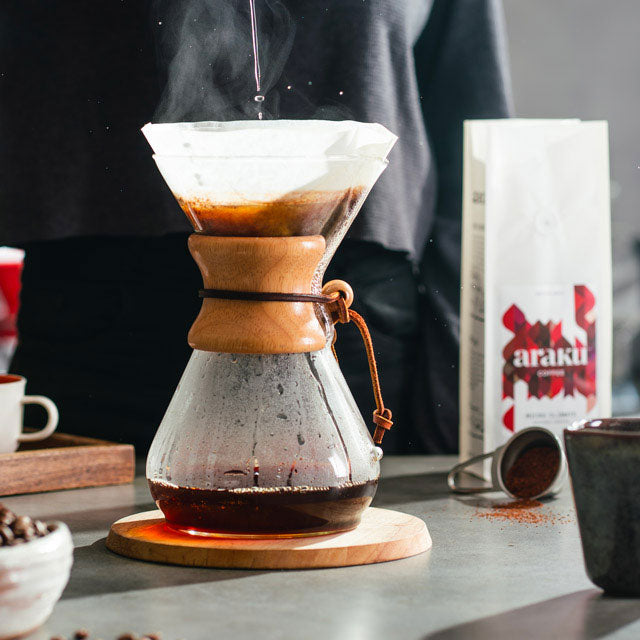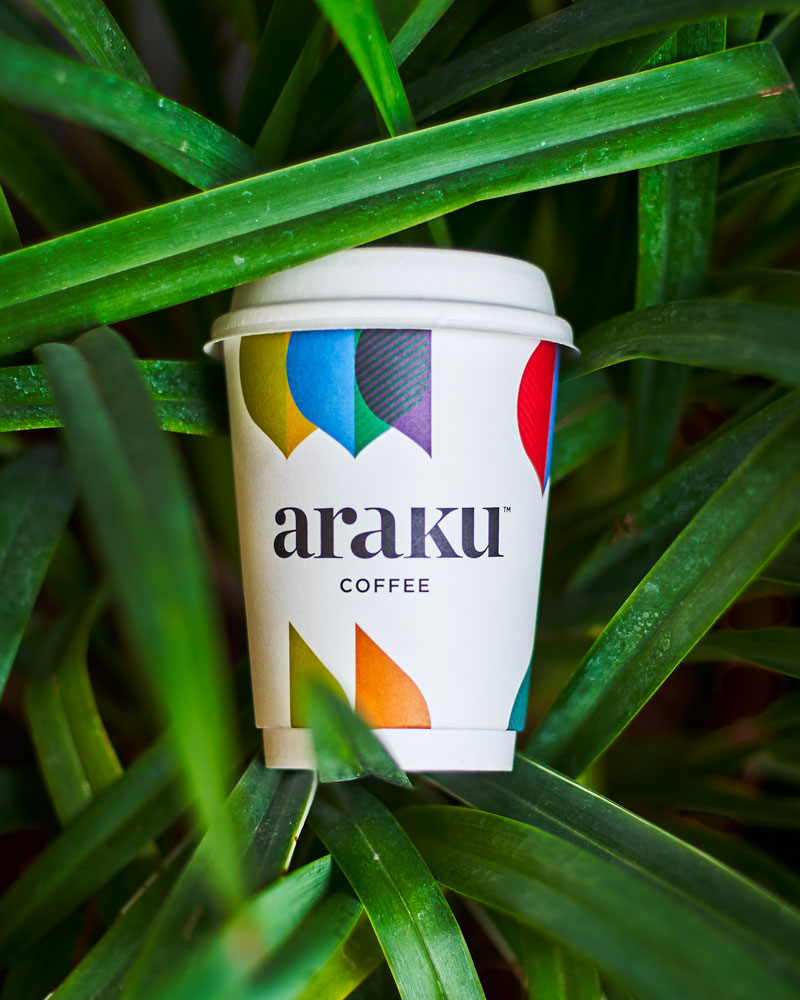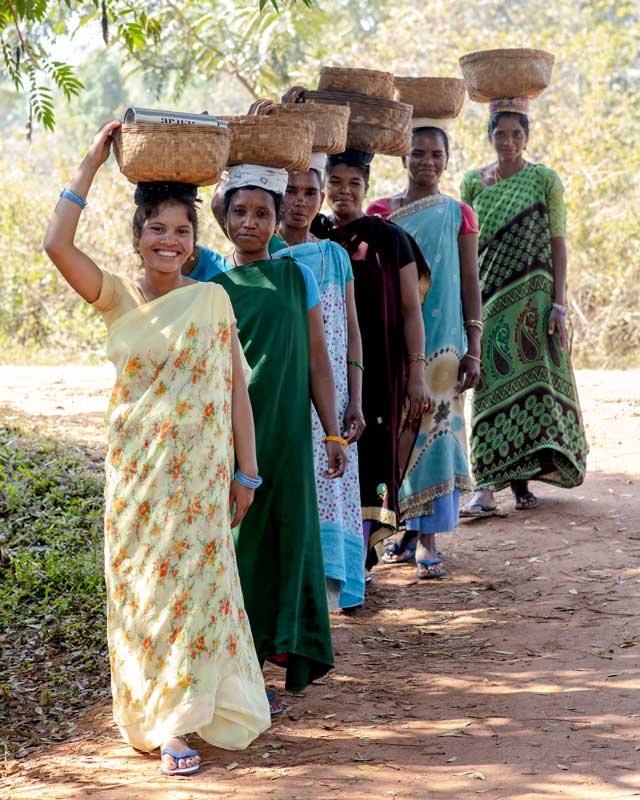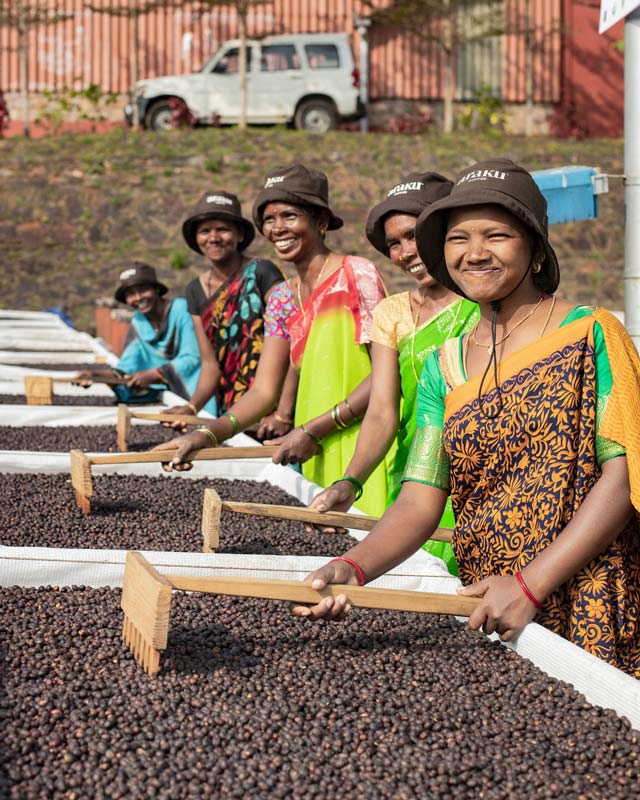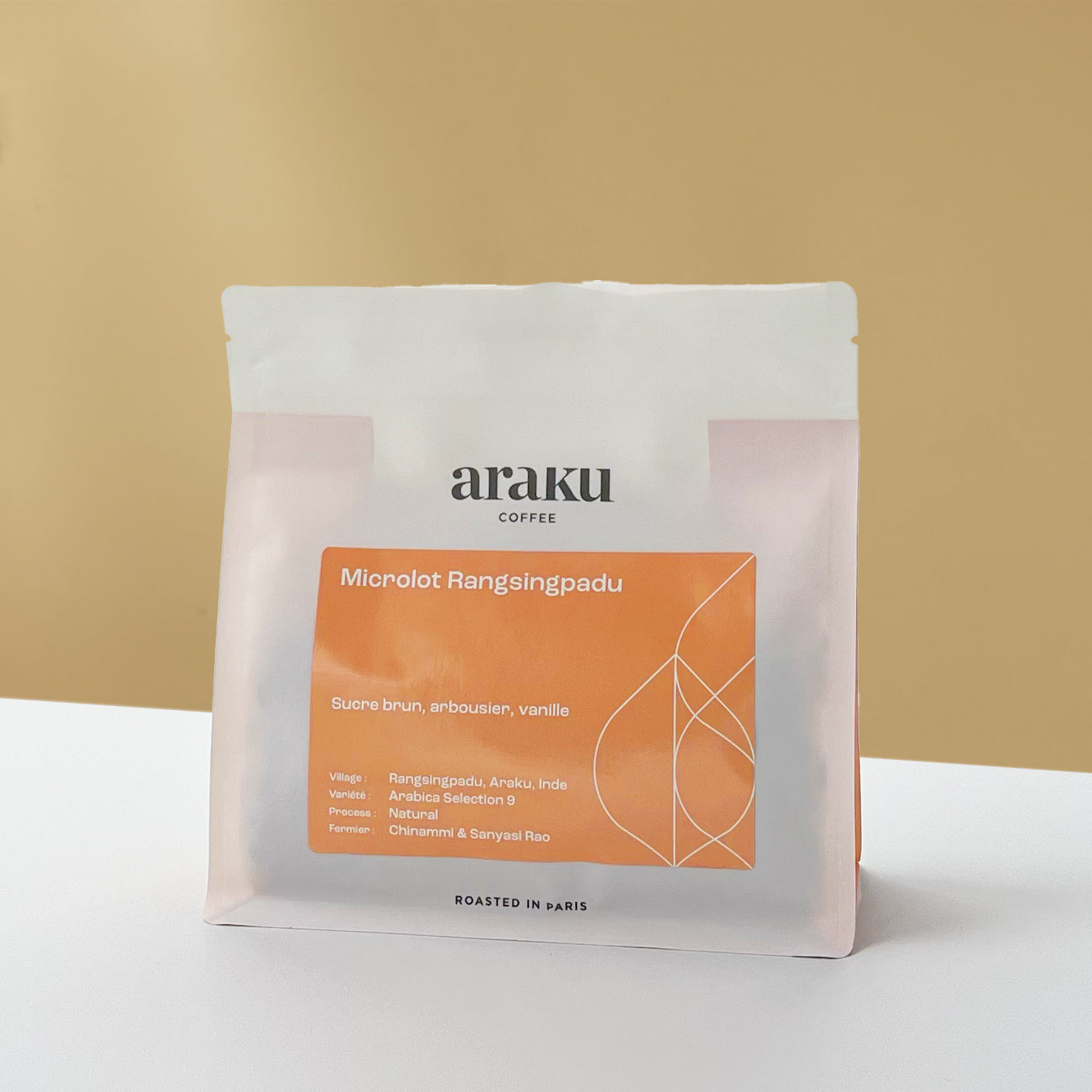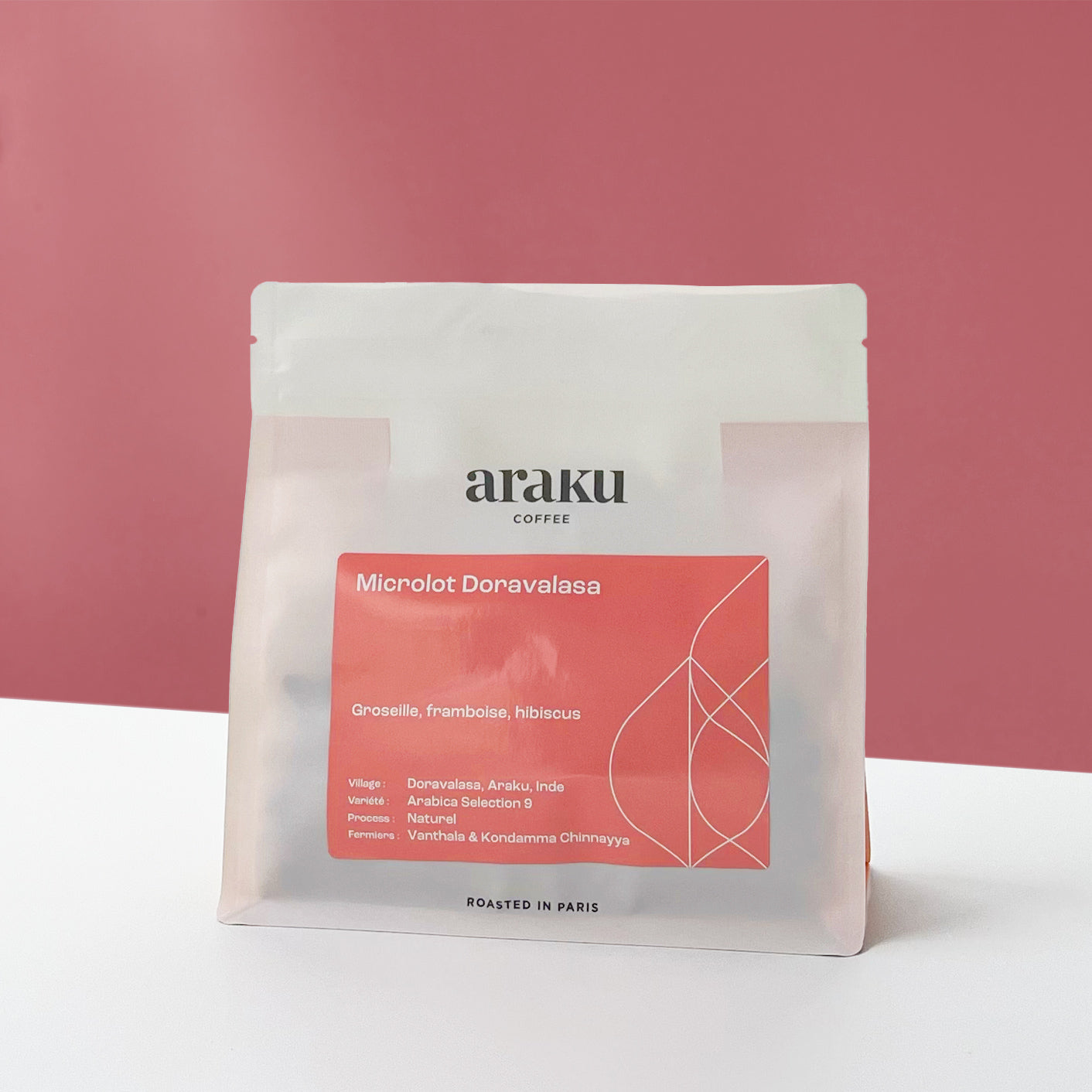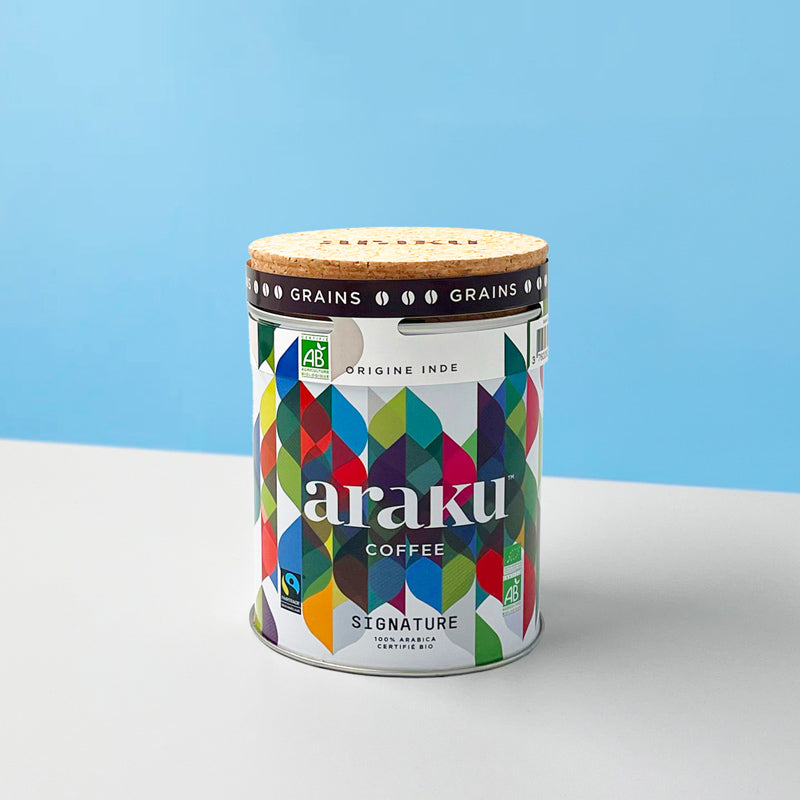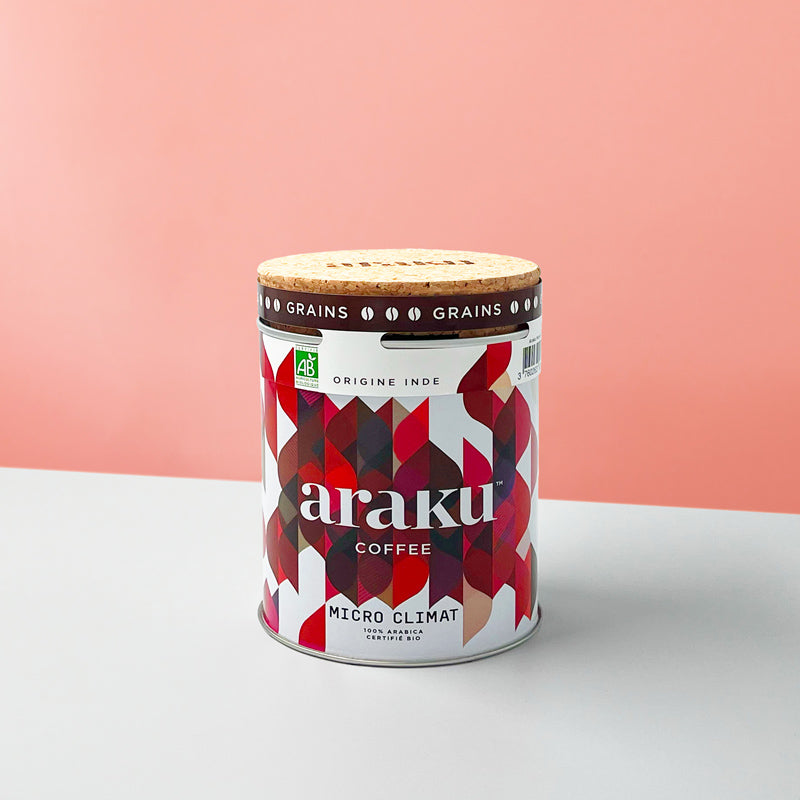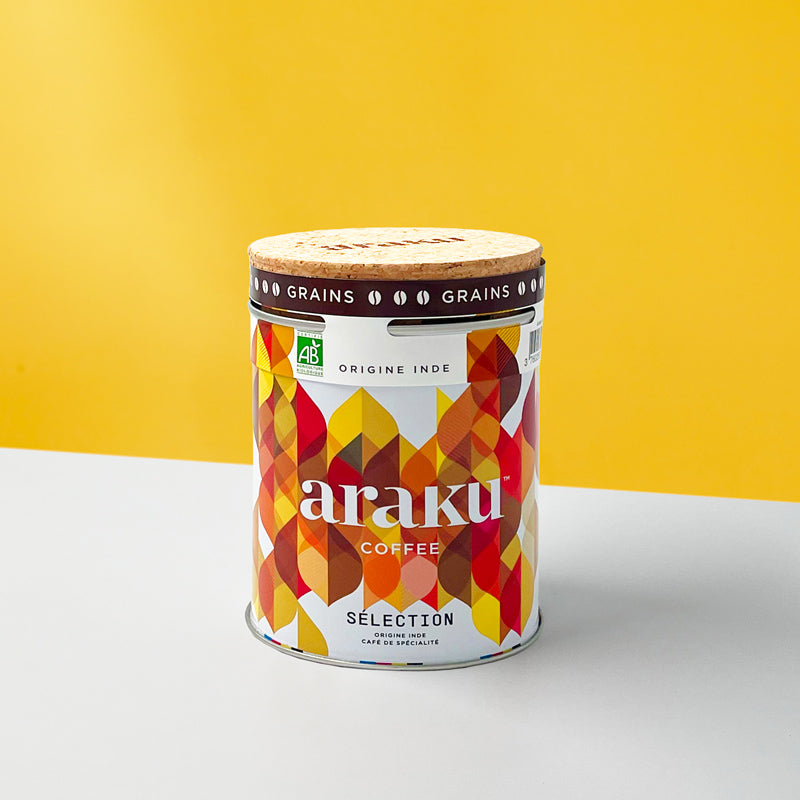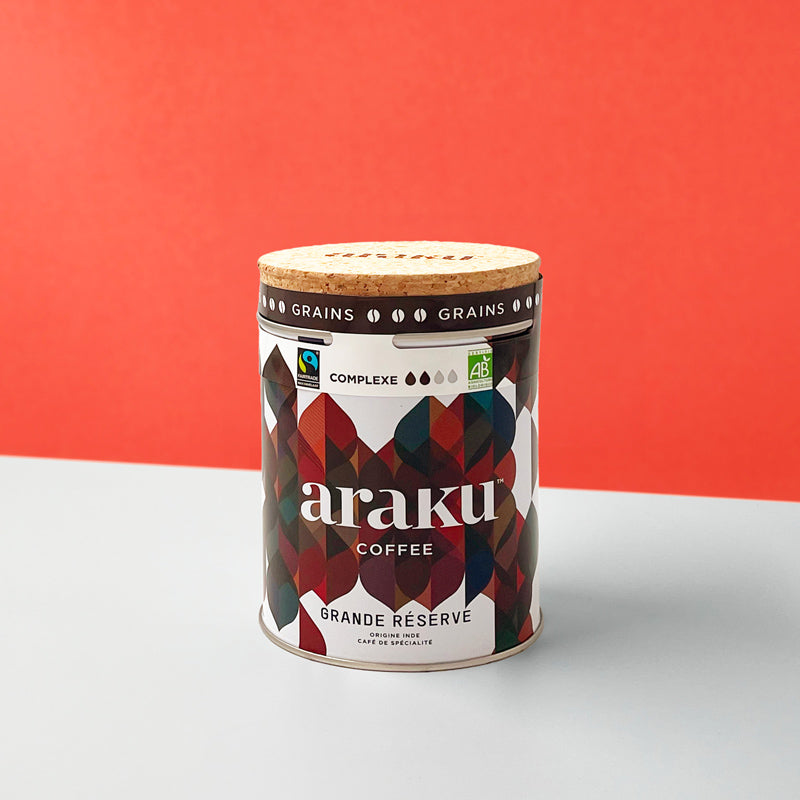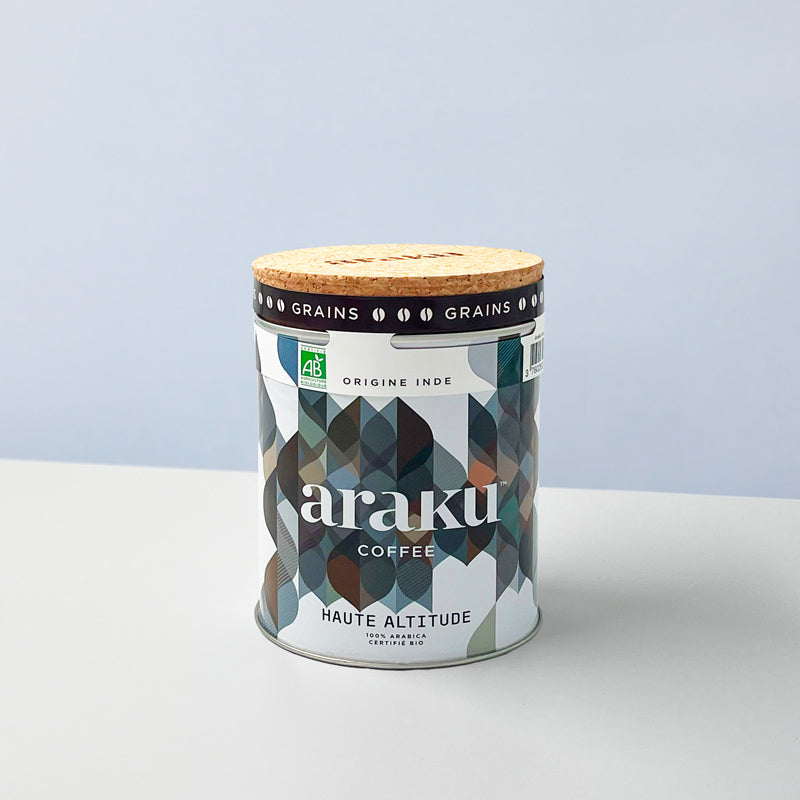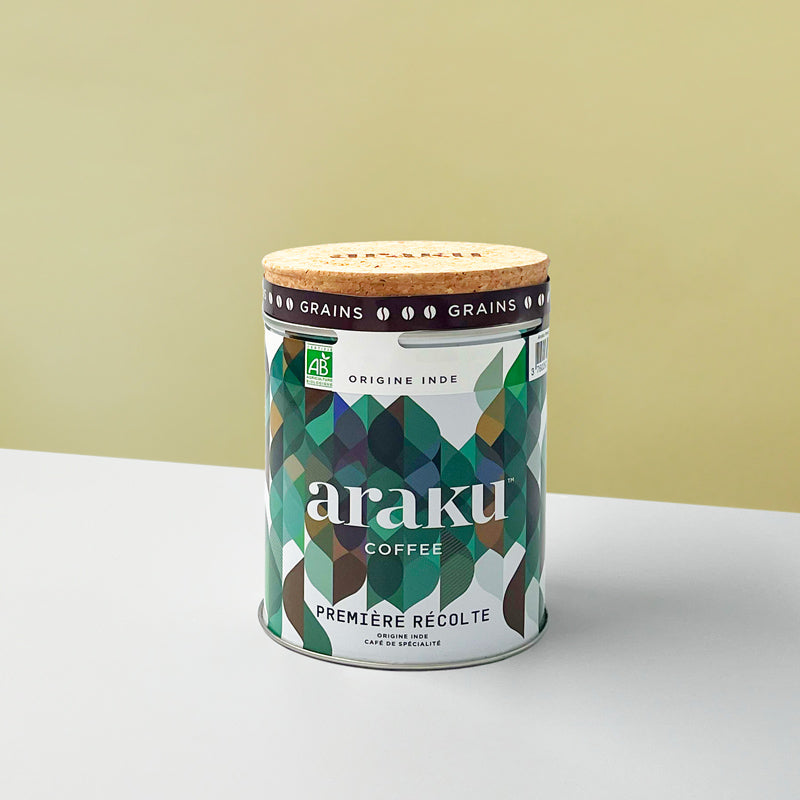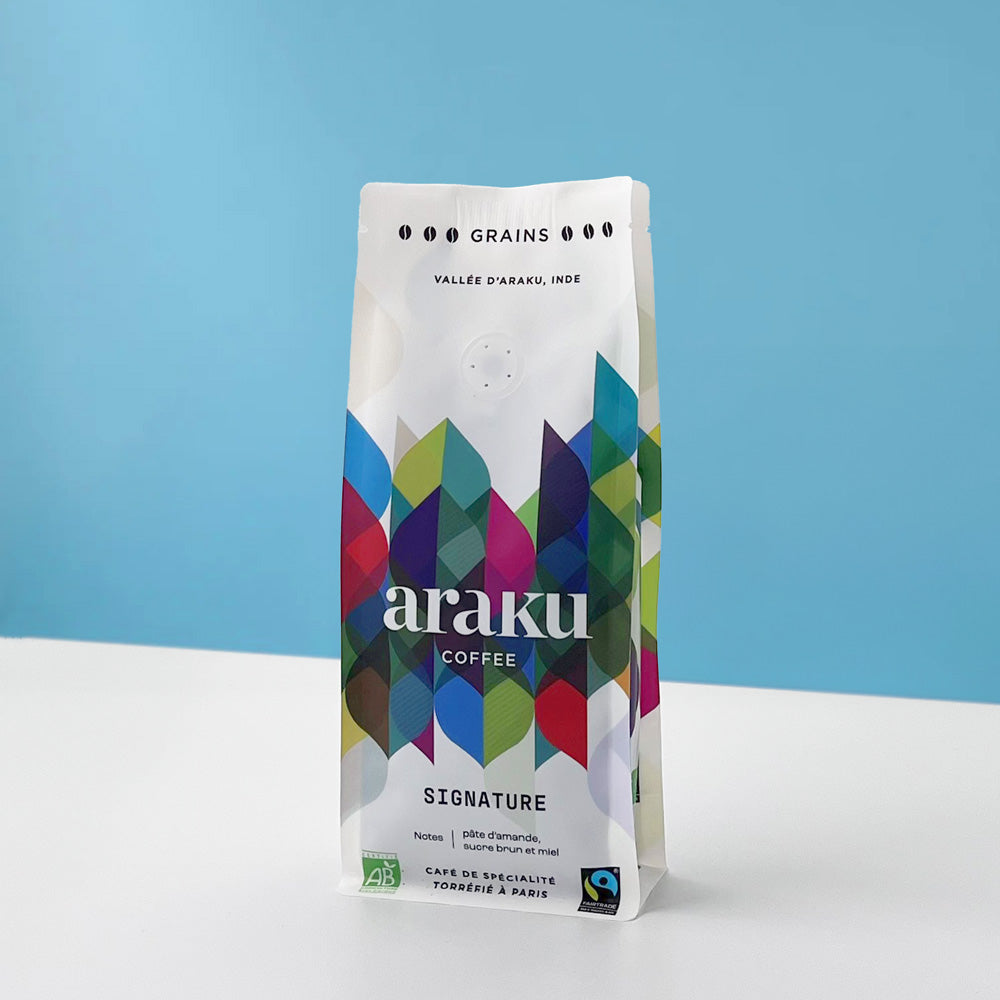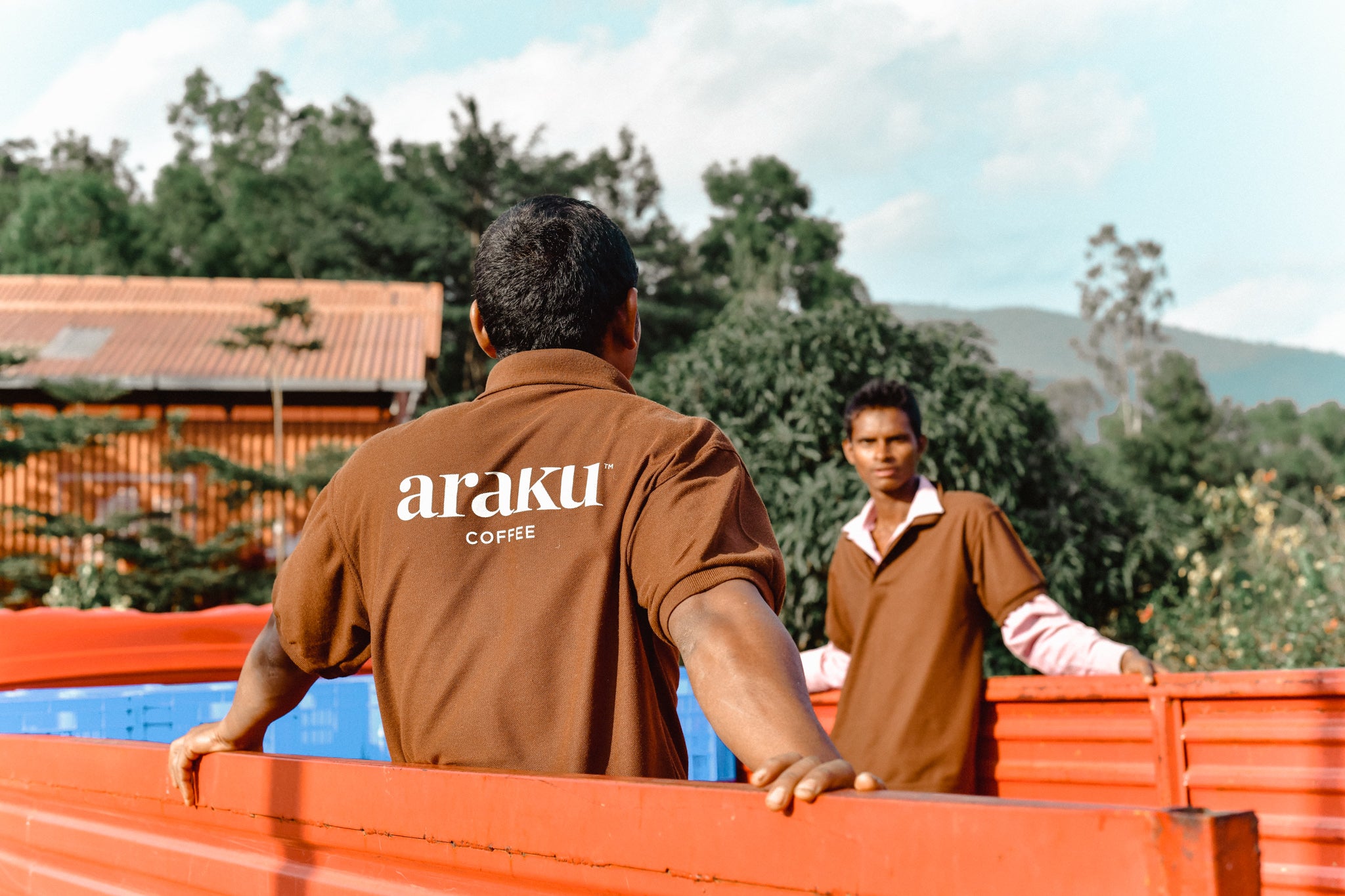Although it is said to be of better quality, organic coffee raises questions since few consumers really know the criteria to respect to obtain this certification. To remove the mystery, we explain to you what organic coffee really is.
WHAT IS ORGANIC COFFEE?
As its name suggests, organic coffee is coffee grown according to the precepts of organic farming. Concretely, and unlike intensive cultivation, coffee with the ecological label must be grown without the use of chemicals. In addition, it must grow on land free of chemical residues for at least 5 years. Once the soil is deemed compliant, each plot where coffee grows is identified and numbered in order to guarantee full traceability of the product. Under no circumstances should it be in contact with non-organic coffee, it must also be monitored and controlled at each stage of its life. From its production to its marketing, including its harvest and its processing, organic coffee requires constant attention. This is why producers, roasters and distributors must exercise the greatest vigilance.
WHAT ARE THE CRITERIA TO BECOME AN ORGANIC COFFEE?
Whether it is an organic coffee bean or ground, each stage of its life must respect precise specifications. On the production side, traditional methods are used (use of lime, installation of dense vegetation, etc.) in order to compensate for the ban on the use of chemicals. Once it is harvested, organic coffee is stored and transported only with other organic products to avoid possible contamination. The same goes for roasting. All equipment and accessories used to store and roast organic coffee are systematically cleaned and do not come into contact with traditional coffee. Proof of the constraints that must be respected in order to be able to use the organic designation, organic coffee players must comply with numerous controls to claim certification. While each producer obtains accreditation valid for one year, sellers and roasters are inspected twice a year. Tedious work, but it pays off since organic coffee is both better in taste and for the environment. To see it for yourself, the ideal is to enjoy one of the 6 organic coffees produced by Araku Coffee in India.

